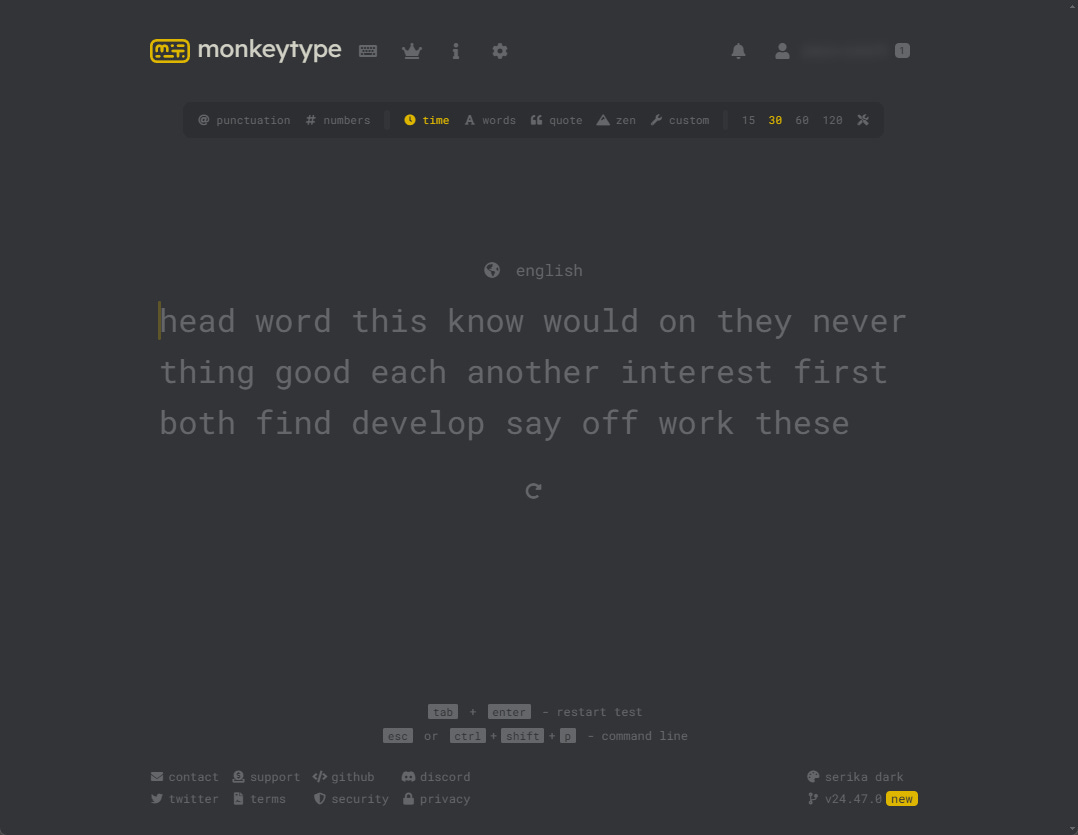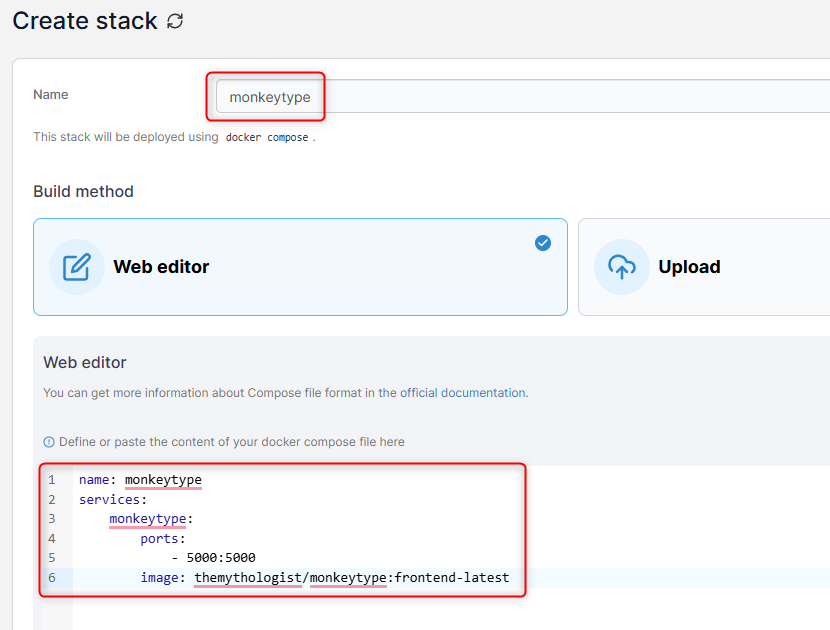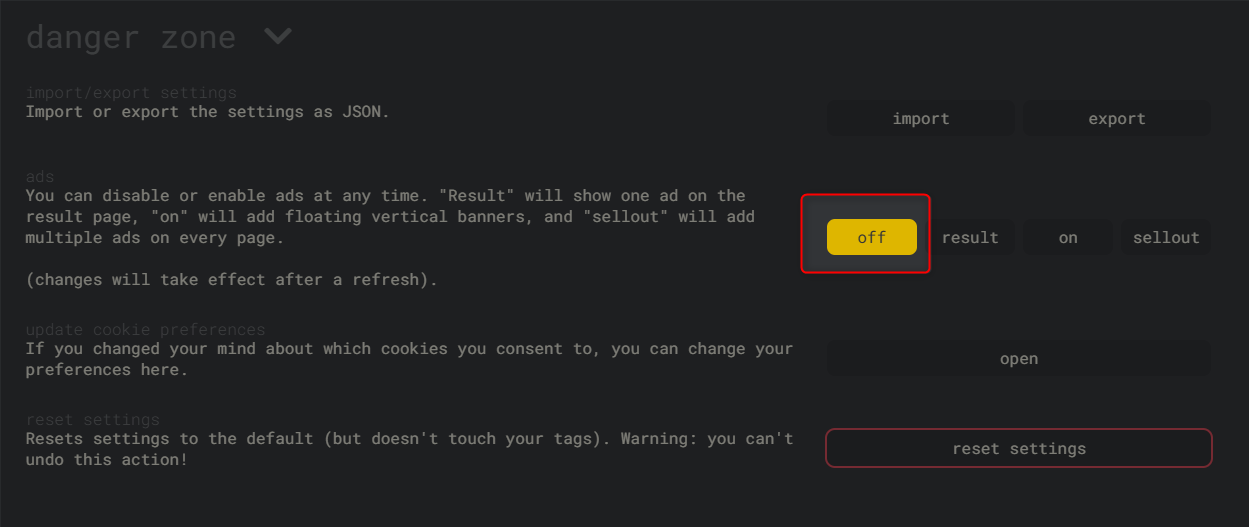How To - Host your own MonkeyType instance using Docker
Have you ever wanted to test a keyboard or improve your typing skills? If you answered yes to either of those questions, this post is for you.
I recently started looking into new keyboards, and one of the tools I came across was a public website called:
MonkeyType shows you random words. Once you start typing, the timer starts. The website keeps track of your speed and how many mistakes you make. At first, it feels weird since the words on the screen are random.
MokeyType released their code to GitHub: https://github.com/monkeytypegame/monkeytype
There is also a docker image for the site as well. https://github.com/TheMythologist/monketype_docker
This allows you to run the application locally instead of needing to go out to the internet. This post will go over how to install MonkeyType in a couple of ways.
Docker Run
The docker run command is a very easy command:
docker run --publish 5000:5000 themythologist/monkeytype:frontend-latestThe issue with “docker run” is that Portainer can’t control the image fully like other containers created inside Portainer.
We will need to convert to the docker-compose command. One of the easiest ways of doing this is using a website like Composerize.com
Portainer Stack
Docker Compose format:
Name: monkeytype
name: monkeytype
services:
monkeytype:
ports:
- 5000:5000
image: themythologist/monkeytype:frontend-latestRunning the Docker Version of MonkeyType
Now that you have it installed, you can go to the Docker Host and open up Port 5000. The website you will see will ask you if you want to enable cookies.
Get rid of Ads
If you also want to get rid of the “ads,” you can go to the settings.
Scroll to the bottom and disable them.
You now have a self-hosted version of MonkeyType running on Docker.







